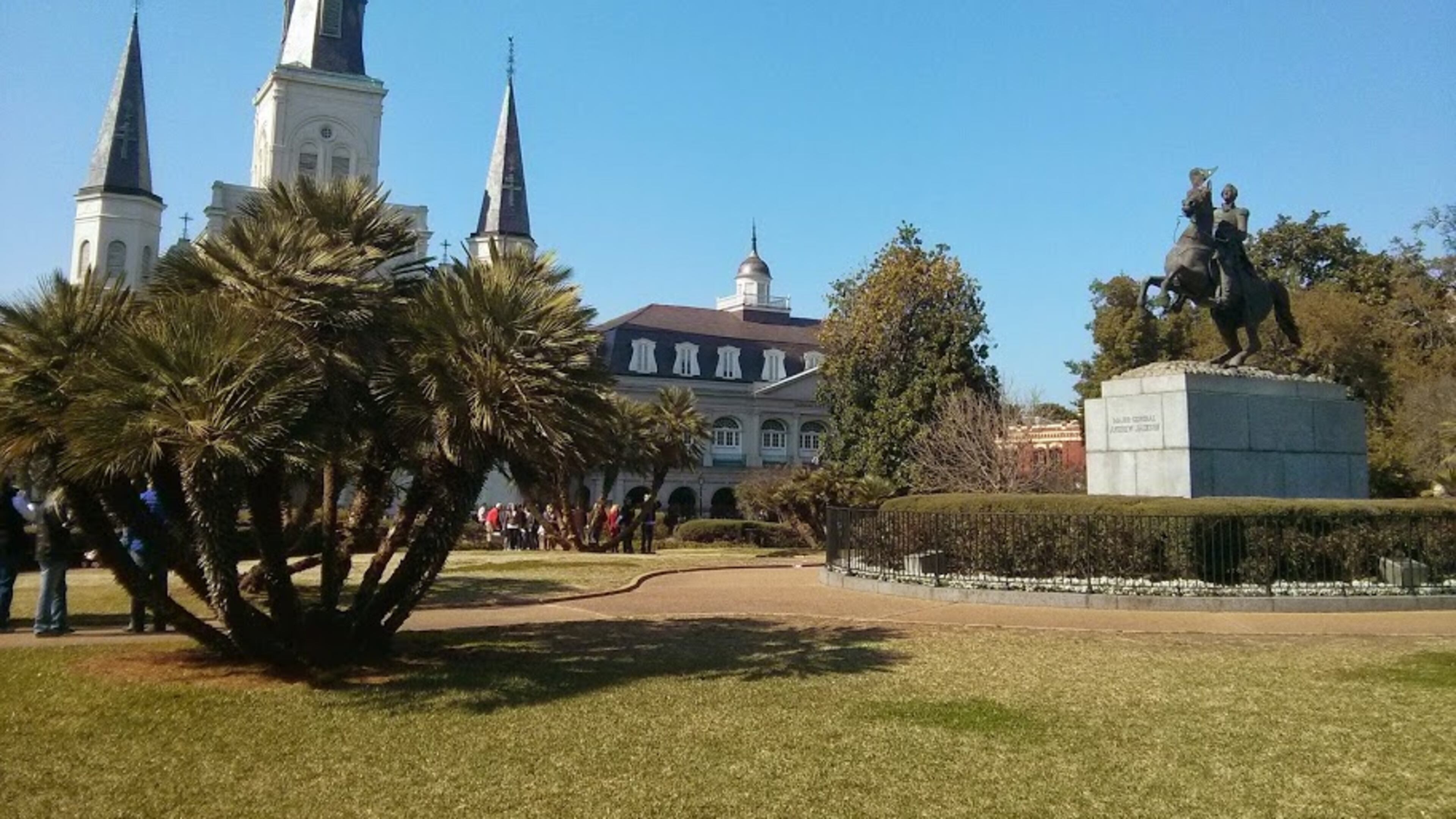New Orleans shows school gains are hard but possible

NEW ORLEANS -- Nothing worth doing comes easy, even in the Big Easy.
That's the message school reformers preached to a delegation from Georgia last week. They are proud of the successes from a decade of state intervention in Louisiana's worst public schools via the state's Recovery School District. Nor did they sugarcoat the difficulties Georgia can expect if Gov. Nathan Deal's plan for an Opportunity School District becomes law.
In short: This is really hard, but it's also really worth the effort.
The share of New Orleans students enrolled in failing public schools fell from 62 percent in 2005 to 7 percent last year, even as the state increased standards. The share in A- or B-rated schools tripled to 39 percent.
The city's high school graduation rate has risen by 19 percentage points, to 73 percent. The share enrolling in college is up by 13 points, to 58 percent.
The gains are shared. A decade ago, New Orleans ranked last in Louisiana for performance by black students. Last year, black students in New Orleans beat the state average for their group by 5 points.
While these figures represent dramatic improvement, "none of us would tolerate (these results) in any of our families or our communities," John White, Louisiana's state schools superintendent, told his visitors. "But we've done a lot of gap-closing."
Gaps -- not just in students' performance, but in their backgrounds -- remain. Contrary to conventional wisdom, New Orleans' poor children didn't flee the floods and stay gone. In fact, they made up a larger share of public school enrollment in 2014 (83 percent) than in 2004 (77 percent).
But the biggest obstacles to school success have been the adults, said Paul Pastorek, who preceded White as superintendent from 2007 to 2011.
Adults who aren't properly trained as teachers or school leaders. Adults on the school board who spend most of their time on "contracts, coaches and construction" instead of ways to improve student results. Adults who don't believe the kids at these schools are capable of learning.
"I would love to fix all three of those," Pastorek said. "I guarantee you the world would be a different place. But it would take a long time, I suspect. … Kids can't wait for us to fix adult issues."
Yet, waiting was exactly what he said critics wanted him to do. "People would say, 'Paul, you're going too fast.' I would say, 'Kids are dying because we're going too slow.'"
Some of the criticisms were more on point than others. "People need to feel you're doing reform with them, not to them," said community activist Bill Rouselle, a sentiment Pastorek and other reformers acknowledged.
Still, some educators viewed the Recovery School District primarily as a threat to their turf. "The districts will fight you tooth and nail," said Leslie Jacobs, who has served on the city and state school boards. "They will do everything possible to sabotage your success," such as refusing to send student records to new schools.
"But the fact is," she continued, "despite all the screaming by the adults, most of these adults are not parents of these kids. If you ask parents … they just want a good education for their kids."
Ann Duplessis, a state senator from New Orleans, agreed. While it was rough at first, "families are pleased now, and they don't want to go back. They do not want to go back."
As for the remaining critics, Jacobs said the evidence is increasingly winning the day: "They're running out of complaints."


